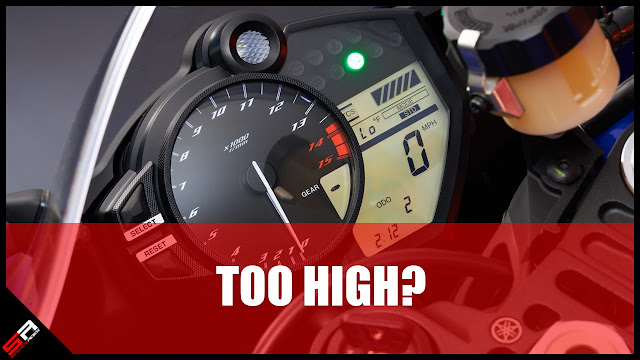At What Mileage Do Cars Start Having Problems?
Owning a vehicle can sometimes be difficult! If you are buying a new car for your family or going to lease a business car to support smooth business traveling, you might know the struggle to understand different technical and legal aspects of owning a vehicle. You might know the concept of high-mileage cars before. Generally speaking, your car’s value and performance are dependent on the overall time spent of driving your car. The performance of the car is also dependent on the regular maintenance of the car. However, how do you know at what mileage will your car start having problems?
Experts suggest that the car’s life is not solely determined by the miles and time to have driven. For example, a car driven with 100,000 miles for 10 years might be less reliable than an old car with 200,000 miles for 3 years. The reason is the mileage of the car at which it will start showing problems is determined by the condition and maintenance of the car in the long run. However, typically a high-mileage car is measured to have 100,000 miles driven! According to some experts, due to technological innovation in the automotive industry, the cars now produced may last long enough to drive more than 200,000 miles!
Some Problems You Face At High-Mileage
You might be wondering about some of the problems you will face with a high-mileage car. Here are some facts to clear the confusion;
- Depreciation
of the Battery
The battery of the car comes with a specific lifespan. The battery lifespan is typically considered to be four years. - Wearing
of the Brake Pads
The wear and tear of the brake pads happen with time and driving style of the driver and the condition, the car is driven! You might need to replace the brake pads when it has reached it its optimal life! - The
Problems of Tires
The wear and tear of the tires of the car are dependent on the driving approach and the road at which you have driven your car. Sometimes they also happen to wear and tear because of the substandard quality of the material used in the manufacturing of the tires. - Failure of Fuel Pump
A high mileage car that is driven with a low fuel tank will ultimately fail the fuel pump in the long run! fuel injectors services provide the necessary counseling to reduce the risk of failure of the fuel pump in this regard!
How to Avoid Maximum High-Mileage Damage?
- Replacing
Damaged Parts
Replacing the damaged parts with high-quality manufactured parts regularly can reduce the risk of damaging your car’s performance. - Drive
Better
The problems of high-mileage cars are dependent on the driving habits of the driver! Incorporating better driving habits can reduce the risk of damages! - Regular
Maintenance of the Car
Finally, quality maintenance and regular service of the car can reduce the damage of high-mileage cars.
Also Read: What are the Most Difficult Vehicle Maintainance Tasks


.jpg)

Comments
Post a Comment